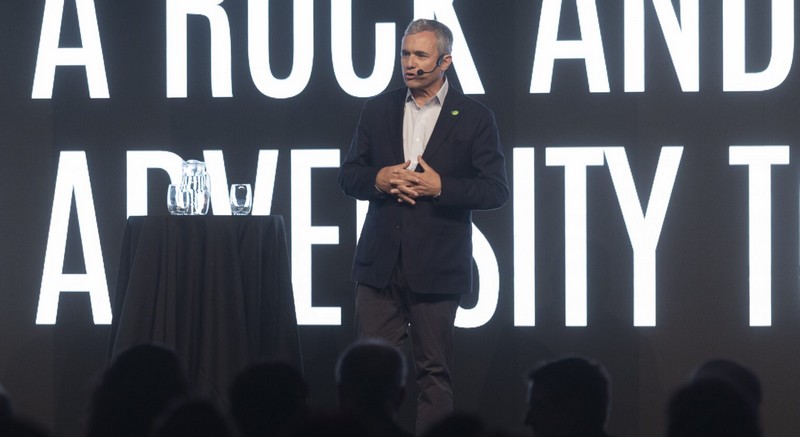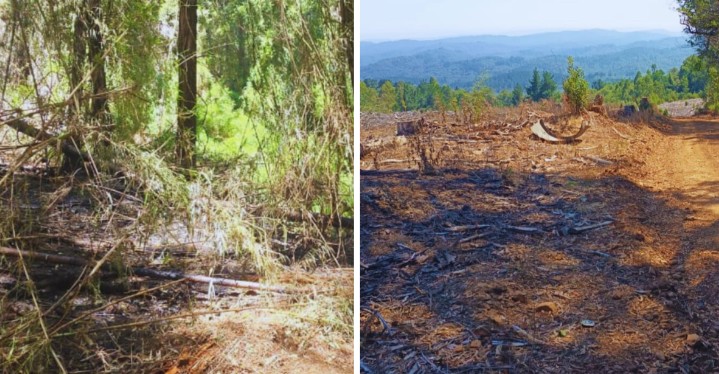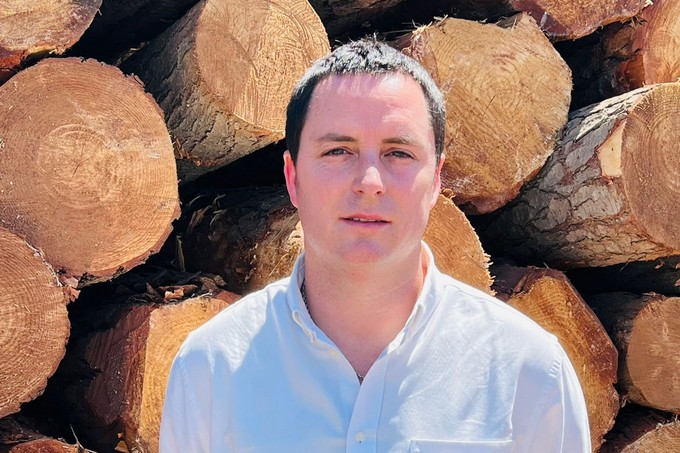With the participation of 250 business leaders, authorities, and experts, the Annual Meeting of Partners of Acción Empresas (EAS) took place, coinciding this year with the organization's 25th anniversary. Acción Empresas has established itself as one of the key drivers of corporate sustainability in Chile.
The event focused on the private sector's progress, challenges, and commitments regarding sustainability, aligned with the goals set by the Vision 2025 of the World Business Council for Sustainable Development (WBCSD), the global network of which Acción Empresas is a member.
Chile as a Benchmark in Sustainability
During the opening of the meeting, Peter Bakker, President and CEO of the WBCSD, spoke remotely, highlighting Chile's role in the Latin American context: "Chile has solidified its position as a regional leader in sustainability and corporate responsibility," he stated.
Bakker called for collective action: "This is the moment to accelerate transformation, set a new global standard, and lead with actions that redefine industries. But this requires collaboration, leadership, and action from all of us now."
One of the featured speakers was Francisco Ruiz-Tagle, General Manager of CMPC and Vice President of the WBCSD since 2023, who detailed the company's commitments to addressing the climate crisis and advancing toward a low-carbon economy.
Ruiz-Tagle stated that CMPC aims to become a Net Zero emissions company by 2040, with an interim goal of reducing Scope 1 and 2 emissions by 50% by 2030, validated under Science Based Targets standards. Additionally, they project a 25% reduction in water usage by 2026 and aim to achieve zero waste sent to landfills across all operations.
"We are committed because we firmly believe that sustainability benefits our business, our results, and our environment," said Ruiz-Tagle. He also emphasized the importance of working in partnerships to share learnings, define common standards, and accelerate progress.
Acción Empresas: Challenges for 2025
During the event, Marcela Bravo, General Manager of Acción Empresas, presented the key strategic priorities for the near term, emphasizing that the organization's work aligns with the environmental, social, and governance challenges facing the country.
On the environmental front, Bravo highlighted preparations for COP30 through the Business Action Plan on Biodiversity and Circular Economy, as well as new Clean Production Agreements (APL), including a second phase of the Unidos por el Agua (United for Water) program.
Regarding the latter, Bravo reported that 24 certified companies achieved savings of nearly 300,000 cubic meters of water, in addition to implementing actions that reduced waste and generated economic benefits.
On the social front, the executive highlighted the Sustainable Territories program, which promotes community development, strengthens cultural identity, and fosters new territorial narratives.
Finally, she noted that "50 companies are already advancing based on the five criteria defined by the WBCSD: carbon neutrality, diversity and inclusion, accountability, human rights, and fair labor conditions." This information, she added, is publicly available and reflects a growing commitment to evidence-based corporate sustainability.







Comments (0)
No comments yet. Be the first to comment!
Leave a comment